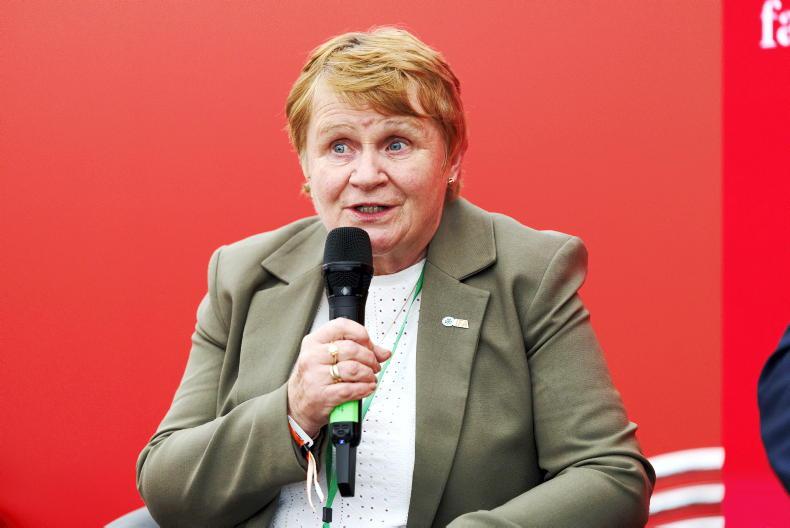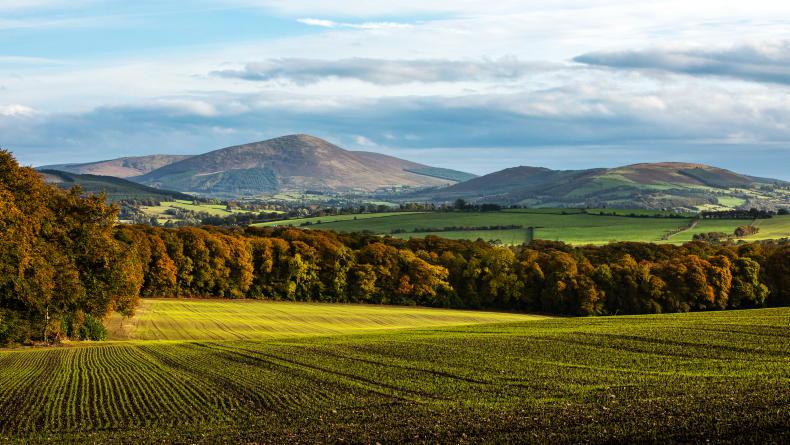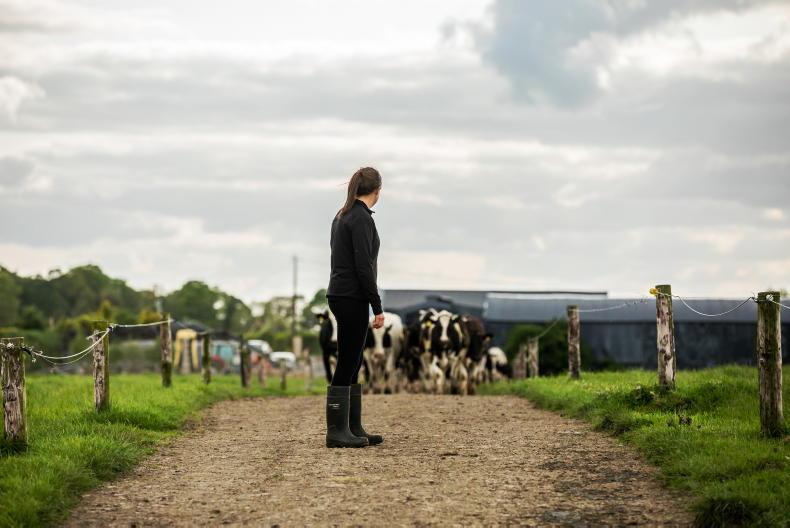Almost three years to the day after then Agriculture Commissioner Phil Hogan launched the Common Agricultural Policy (CAP) consultation in June 2018, member states have concluded a deal that directs how money will be given to farming and rural communities for the remainder of the decade.
While the CAP is the oldest EU policy, dating back to 1962, it is dramatically different to what it was then. Change, of course, has been ongoing, as in 1962, food rationing was fresh in the memory of all EU citizens and many areas had been perilously close to famine at the end of and after the war. This shaped a policy where food production was paramount and has been an unqualified success that is rarely acknowledged properly.
Continuous evolution
Over time, it became too successful and methods were introduced to minimise surplus production, as well as comply with World Trade Organisation rules designed to prevent wealthy countries subsidising agriculture and supporting the sale of surpluses elsewhere. The move away from supporting production has been developing over the previous three CAP reforms and with a move to 85% convergence, it is now almost complete.
For Irish farmers, attention now switches to the development of the national plan that will be submitted to Brussels for approval by the end of the year. At an EU level, the deal is done and is unlikely to be revisited in any significant way until late in the decade. While this is not an immediate priority for Irish farmers, it is worth looking to this week’s agreement for clues on the direction of travel and what is likely to happen next time round.
Ring fencing eco schemes creates precedent
The most dramatic change in this CAP is arguably the decision to top slice 25% from the direct payments budget to create a fund for eco schemes that farmers will have to apply for. This sets a precedent of taking farmers direct payments and allocating them to fund alternative projects, rather than creating an additional budget to fund additional schemes the EU wants farmers to undertake.
This, along with 85% convergence, means that the CAP is now almost completely removed from productive agriculture. In fact, productive agriculture is now incidental in successfully maximising a CAP payment if you are a landowner. Historically, the unwritten deal was that farmers would produce affordable food the way the EU wanted in return for - what seems in hindsight generous - support and the market protected them against undercutting from lower cost external suppliers. This is now gone.
The editorial in this week’s Irish Farmers Journal pondered how the EU decision-makers might address what has now become direct payments to landowners by the time the next review comes along. Given the precedent with convergence where it was introduced and then built on, don’t be surprised if the top slicing to fund eco schemes is further increased. In fact, it looks like the UK will be doing this in one step, with long-term agriculture funding built entirely on support of what might be described as eco schemes. By the end of this decade, the EU will have long since stopped supporting food production and could well find it politically unacceptable to support landowners. That would just leave paying landowners for eco schemes and carbon reductions measures as the only route to funding.
Convergence between farm organisations needed
The other huge challenge for farmers ahead of the next CAP negotiation is how to better focus their lobbying. Historically, farmers across the EU set the bar for successful lobbying. This has been greatly diminished in recent years, due to the combination of society at large having less connection with agriculture and the farming voice becoming more fragmented. Farmers desperately need to find convergence among their representative organisations, which in turn have to try and turn the tide of society’s disengagement from agriculture and food production.
Minister McConalogue has promised to travel down every boreen in the country to consult with farmers on the current CAP. If he hears a multitude of mixed messages in the process, it will be very easy to say he consulted but had to formulate policy in the absence of clear, well thought out policy coming from farmers. Getting a united farmer voice against a background where convergence takes from one farmer to give to another makes this difficult, but no less essential.










SHARING OPTIONS